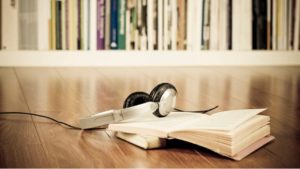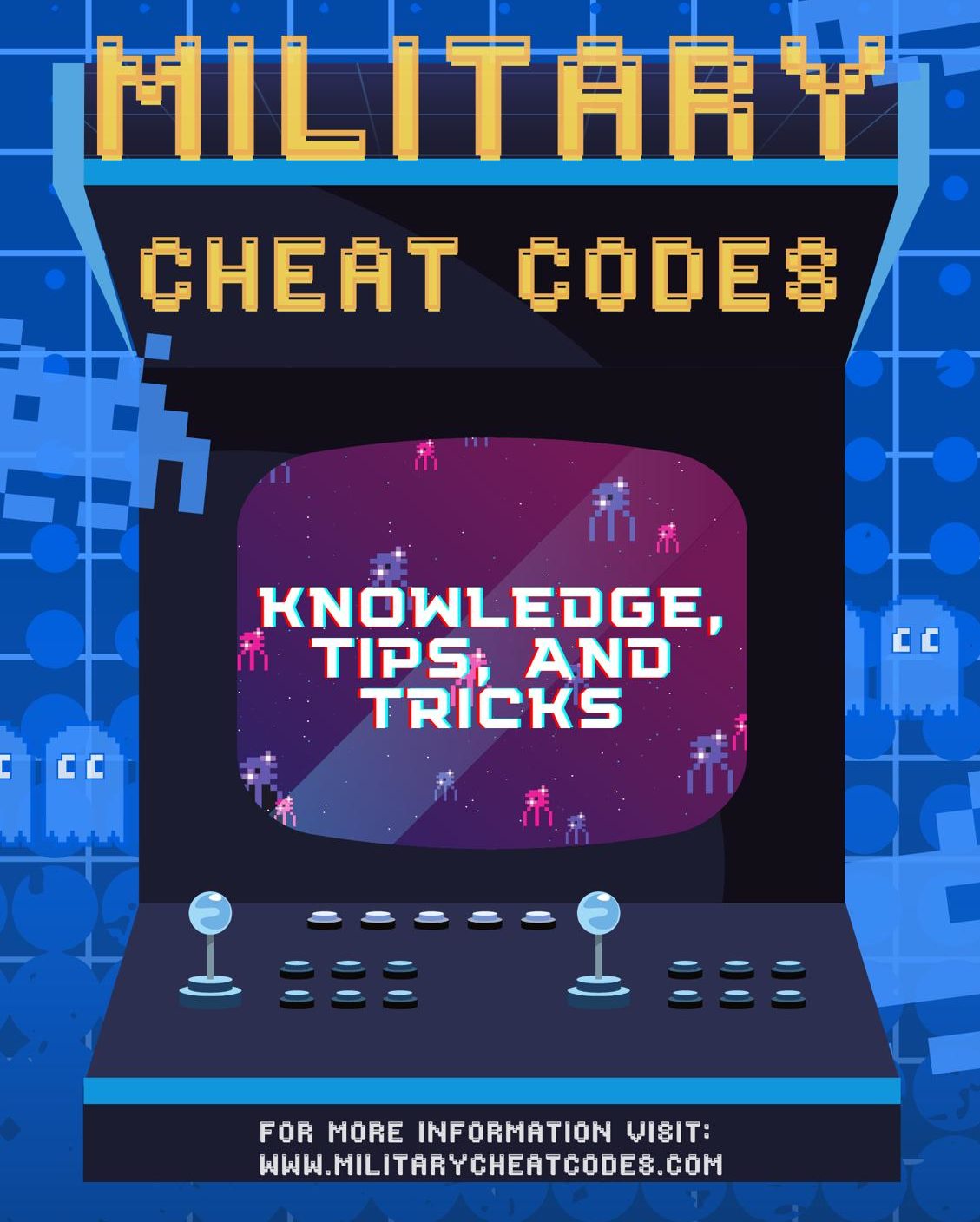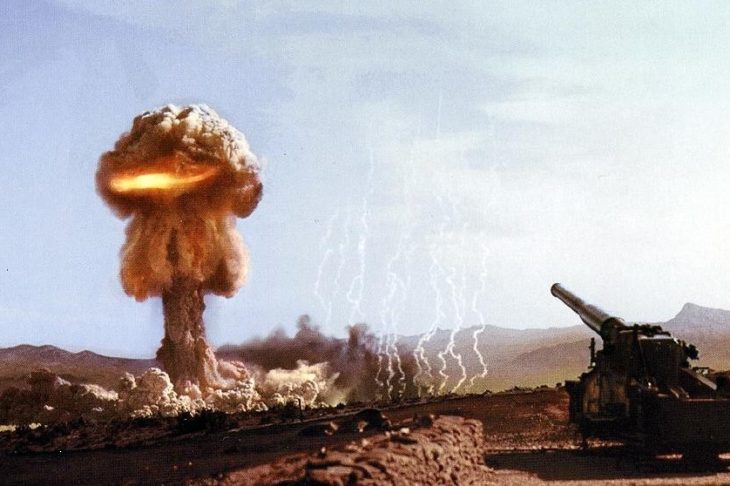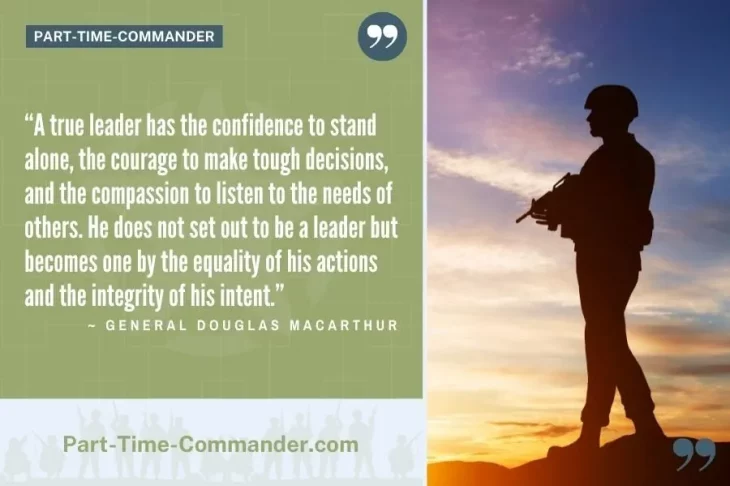READ IT!
“The more that you read, the more things you will know. The more that you learn, you more places you will go.” –Dr. Suess
What if I told you that you could take part in an experience without ever having lived it yourself? Reading can help you do just that. Want to know what all leaders have in common? They read—and read voraciously.
Reading is how you thrive and survive in today’s military. However, in recent times, young officers (and enlisted alike) are putting less importance on professionally developing through reading. Ret. General Mattis, in an email to his troops in 2003, said “…the problem with being too busy to read is that you learn by experience (or by your men’s experience), i.e. the hard way. By reading, you learn through others’ experiences, generally a better way to do business, especially in our line of work where the consequences of incompetence are so final for young men [or women].”
Yet, repeatedly, I solicit and ask people I work with if they read. Roughly seven out of ten times, the answer is a resounding NO! Reading helps put you in someone else’s shoes who have actually lived through a certain event and its culmination without ever having to go through the hardship of the situation yourself. You can learn about the lessons learned without ever having to go through them yourself. Professionally reading is one of the fundamental things a leader does—without it, you’re ineffective.
I go out on a limb to say this is true for both fiction and non-fiction. Many fiction books are based off of real life events. Additionally, studies show reading more helps your ability to “focus and grasp complex ideas…and reading is basically an empathy workout.” These attributes and more are what a military leader needs to be effective.
A recent real life example for me is I just got selected to work at Supreme Allied Command Transformation (SACT) for the North Atlantic Treaty Organization (NATO) in Norfolk, Va. While I know a little bit about NATO, I certainly do not have an in depth knowledge of the organization, its history, and current problems. To fill this void, I immediately asked the person I will be replacing about book recommendations to help aid in greasing the skids. She fired away two, which helped point me in the right direction. One is the Culture Map by Erin Meyer and the other is Not One Inch: America, Russia, and the Making of Post-Cold War Stalemate by M.E. Sarotte. Additionally, I recently went on a short TDY there and my new boss explained to me his challenges of the job and what I would be helping with—this helped focus my readings even more. A simple Google.com search yields many books, publications, and YouTube.com videos to learn more and aid me in my missing educational and experience void for NATO specifics. This will help assuage my knowledge gap of what I need to know before I even step foot in my new job.
Let us say for a moment that you want to know more about Red Flag because you will be going there in a month to help participate in an exercise. Well, books about people who have written about it are an excellent place to start, as they are written from a “I have been there and now I am writing about it perspective.” A simple google search yields a myriad of books published on the topic to get you on your way. It helps make the unknown a little bit more known. Books won’t give you all the answers, but it will help provide you a cognitive foundation on which to build the rest of your experiences.
Below I offer simple ways to help you get the most out of reading:
Set yourself up for effective reading. Many things play into this such as your environment, time of day, how much sleep you got. The best way to learn is to be in a deep state of flow to allow for an immersive reading experience—letting everything else melt away and to be in the moment. It is easy to read and then forget about what you were just reading, especially if you have something else on your mind. Find your happy place. For me, it is about 0445 in the morning before the kids get up and I have to put on my dad, husband, officer, etc. pants and start the day. Additionally, I know about myself that I am more cognizant and less stressed in the early hours and it helps me become more immersed in what I am reading.
This might sound silly, but if you are avid reader, there actually is a more effective way to read a book than to just start from page one and move on. While I suggest this with non-fiction, with fiction it is best to start on page one as you tend to want to savor the words more than when you are trying to just intake non-fiction. However, either way works. There are many books written about this and also a couple videos on YouTube—linked is one of my favorite and one that I have found most insightful. Doing techniques like the ones hyperlinked above really do help you retain more information while you read—to help you focus on what really matters and getting the information out of the book that is essential.
Find what reading medium works best for you. I can truly say that I have tried to read on a Kindle (or the like), but for me a paperback or hardcover is the way my body and brain best take in information. I feel too distracted on a Kindle because there are other features on there, which makes it harder for me to get into the deep state of flow to help me retain the information because I have a distraction. With a boom on good old fashion paper, it is much easier for me to immerse myself in whatever subject I chose to read—for me it is usually non-fiction nine times out of ten. However, I know many of people who prefer to read off of a Kindle because it is more convenient, lighter, can read in the dark. Find what works best you and your motive reading flow. Lastly, I have roughly a thirty minute commute to work every morning and evening, so this is a perfect time to play an audiobook or podcast to help enhance my professional development skills.
Read what makes you interested. Sometimes I find myself reading books that I have had recommended to me, but simply to not spark joy within my mind. It is still important, I think, to be able to read books on subjects that you might not be fully interested in. Sometimes this might be required for your job. My favorite topics are on military theory, history of warfare, biographies of leaders through history, and the bible. Each one of these topics interest me in different ways and sometimes I have more than one book open at a time. Aside from the bible, I find biographies to be the most intriguing as they can be the most relatable on decision making and challenges you to think about what you would have done in their situations of the day. Some people only want to read fiction and that is okay, however, if you are wanting to thrive and survive in today’s military, it would behoove you to read up on what keeps your leadership up at night. History of China and Russia and why they are doing the things they are today are good starting points.
Lastly, I want to provide a short list of books that have helped shape my way of thinking over the years. While not all inclusive, these were the most impactful thus far for surviving and thriving in today’s military writ large:
Turn the Ship Around by David L. Marquet (this is my favorite leadership book)
Lincoln on Leadership for Today by David T. Phillips
On War by Carl von Clausewitz (ever military member should read)
How Ike Led by Susan Eisenhower
Candy Bombers: The Untold Story of the Berlin Airlift and America’s Finest Hour by Andrei Cherny
The Guns of August by Barbara W. Tuchman
On China by Henry Kissinger (one of the few books I have listened to twice on audiobook)
Call Sign Chaos: Learning to Lead by Jim Mattis and Bing West
These are but a few in a long list of books that have broadened my perspective on life and on leading. Books will shine on light on the past, present, and the future to what you ought to know to survive and thrive in today’s modern military.

Notso
“Notso” Little is an Evaluator RQ-4 Global Hawk Pilot at Grand Forks AFB, ND and is the Chief of Advanced Programs. He has eleven years of service in USAF and has served in various leadership and executive officer roles. He commissioned from Officer Training School in 2012 with a Bachelor’s of Science in International Studies and has a Masters in Political Science from the University of Nebraska at Omaha.


